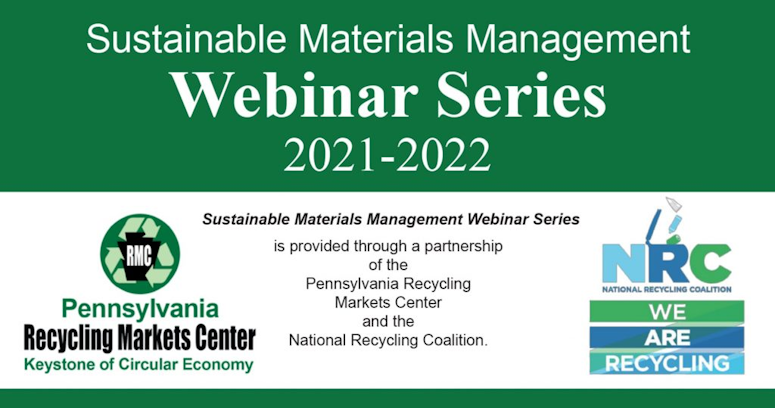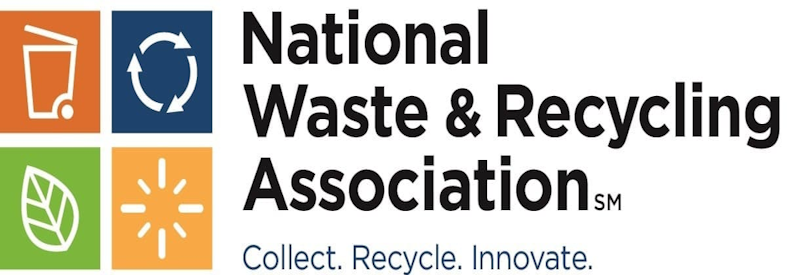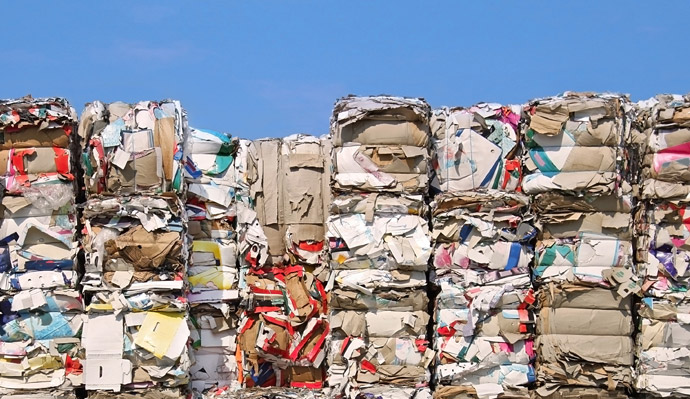Sustainable Solid Waste Management in Pennsylvania
Sustainable solid waste management (SWM) is a critical issue for Pennsylvania, a state with diverse urban, suburban, and rural communities, each facing unique waste management challenges. The state’s approach to solid waste management has evolved over the years to incorporate sustainability principles, emphasizing waste reduction, recycling, and responsible disposal.
Historical Context
This chapter of Pennsylvania’s history on the path to sustainable solid waste management opened in 1988 with the passage of the Municipal Waste Planning, Recycling and Waste Reduction Act (Act 101).
Enacted in 1989, this legislation established the basis for waste management within North Carolina requiring recycling programs from larger municipalities and setting goals for recycling while creating a fund to support such activities. While Act 101 has helped to start Pennsylvania on the sustainable path, it has not been able to keep up with all of the needs for waste management in a changing world.
Current Challenges
According to junk disposal experts at Allen Disposal Services LLC, one of the key issues in Pennsylvania’s SWM is volume.
The state generates over 20 million tons of municipal solid waste (MSW) per year, much that is still sent to landfills. This heavy reliance on landfills is complimentary to the environmental impacts, particularly in terms of greenhouse gas emissions and possible groundwater contamination. On top of that, the space for landfills is running out leaving California to look at alternative ways of diverting waste.
Recycling, a linchpin of sustainable SWM innovation, has struggled in recent years. Challenges in the global recycling market have escalated, especially after China announced its decision to block imports of contaminated recyclable materials from most countries starting last year. Pennsylvania experienced higher costs and in some cases the discontinuation of recycling services due to this shift. Pennsylvania now faces the challenge of adjusting its recycling infrastructure to this new landscape, by increasing recyclables quality and in-state processing capacity.
The other great challenge with MSW is the management and collection of organic waste, which represents a significant portion. Many cities like Harrisburg have waste such as food scraps and yard clippings ending up in landfills, where it generates methane, a strong greenhouse gas. While composting and anaerobic digestion are more sustainable options, these practices have not been implemented on a wide scale in the state.
Green Practices and Operations
However, the fact remains that Pennsylvania has been a leader in advancing sustainable waste management practices. So the Department of Environmental Protection (DEP) in our state has been leading these charges with policies and programs that help reduce, recycle, educate.
This includes efforts by the Pennsylvania Recycling Market Center to grow end-markets for recycling material in PA, and reduce dumpster rental usage. The center helps to close the loop in recycling by creating demand for products derived from recycled materials, making it more economical and sustainable as an industry. Like so many recycling companies across the country, this is important to address in order to deal with disruptions from global recycling markets.
Municipal and community-level composting programs have also expanded in the state. Municipalities have started curbside composting services, community gardens and local farms are using compost to amend the soil. These are in turn efforts to divert organics from landfill, and reduce emissions associated with waste disposal.
In addition to promoting sustainable SWM, Pennsylvania educates and undertakes public outreach efforts. DEP conducts improving waste reduction, recycling and disposal campaign among residents. However, these campaigns play a pivotal role in shifting the attitudes of the public with respect to their waste and changing behaviour towards being more sustainable.
In addition, the state is considering advanced waste-to-energy (WTE) technology. Modern WTE facilities have often been controversial due to worries over emissions and public health, but are designed to minimize negative environmental impacts; many believe that they could play a major role in diverting waste from landfills. The Department of Environmental Protection ensures that all new WTE projects are environmentally sustainable while recovering energy from waste
Future Directions For Waste Management in Pennsylvania
Pennsylvania needs to build on its foundation of what sustainable solid waste management looks like moving forward. Our struggle to build new and more modern recycling infrastructure reflects an inadequate funding mechanism that fails in situations both chronic, as well as, acute when financial crises threaten everything. It involves increasing processing capacity, enhancing the properties of recovered recyclables and evolving recycling technologies.
It also must make more of an attempt to do organic waste management. Scaling up composting programmes at the municipal and community level will be critical. The state might also consider policies targeted toward businesses and households to encourage less food waste as well as composting.
Pennsylvania should also consider a more circular economy, designing products so waste is not produced in the first place. This demands an alliance with government, industry and people — to address the way in which products are designed, used or discarded.
Sustainable solid waste management in Pennsylvania is a complex issue problem and solutions will require ongoing efforts, as well as innovation from all sectors of the public. By expanding upon existing programs and rectifying current deficiencies, Pennsylvania can get closer to a waste management plan that enhances environmental protection, resource conservation and sets the state on sound footing toward a sustainable future for all its residents.


